Michele Fiorillo
Scuola Normale Superiore, Pisa
Political Philosophy and Democratic Theory
Michele Fiorillo is a political philosopher and activist.
Born in Verona, after studies at the Scuola Normale Superiore in Pisa and at the College of Europe in Warsaw, his researches focus on theories and practices of deliberative democracy.
He is co-initiator of CIVICO Europa (www.civico.eu) - an organisation for transnational participatory democracy- and of Citizens Take Over Europe (citizenstakeover.eu), a coalition of over 50 NGOs.
Currently is coordinating the project for the building up of a European Citizens' Assembly.
Citizens’ Europe – An institutional turn for an ever-democratic union?
The paper outlines a vision of the ongoing Conference on the Future of Europe (CoFoE) from various perspectives and sets out proposals regarding how it should develop in order to contribute to making the EU more democratic. First, the paper discusses further steps the Conference should take towards bridging the gap between EU and national politics.
Second, the paper analyses previous initiatives of treaty reforms which may be incorporated into the Conference on the Future of Europe. Third, the paper lays out the visions of Europe in a half-century’s time among EU Commission officials. Last, the paper discusses citizens’ involvement in shaping EU future through a broader process of European deliberative democracy, and how the CoFoE could advance such a perspective.
Read the paper:
Citizens’ Europe - An institutional turn for an ever-democratic union?
Political Mentor: S&D MEP Domènec Ruiz Devesa
Academic Mentor: Michael Holms, Senior Lecturer in Politics and International Relations at Liverpool Hope University
History and Policies of the European Union
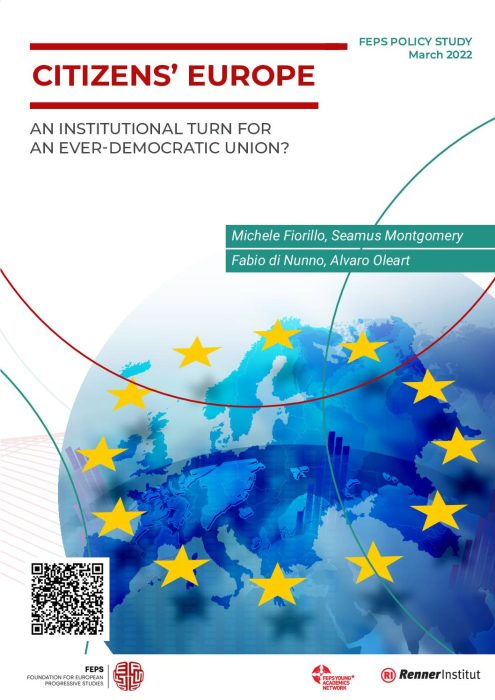
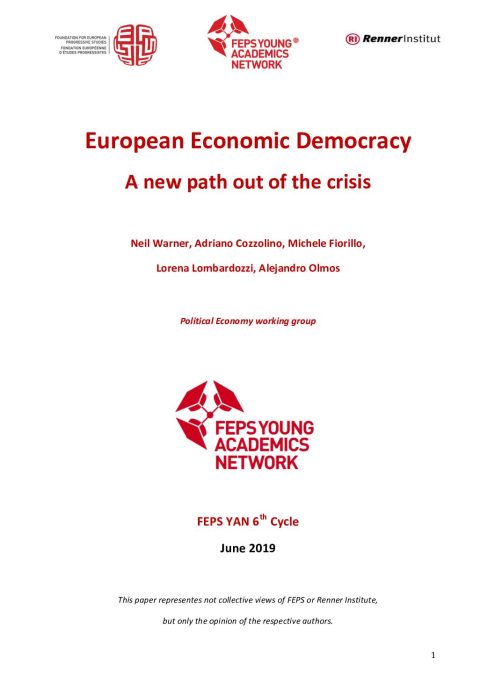
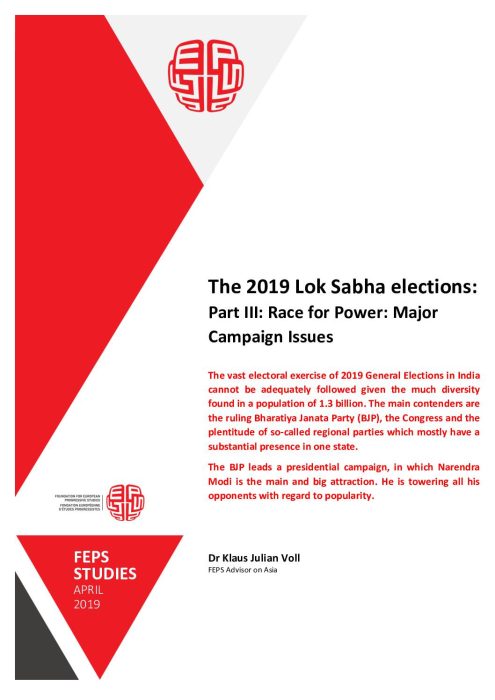
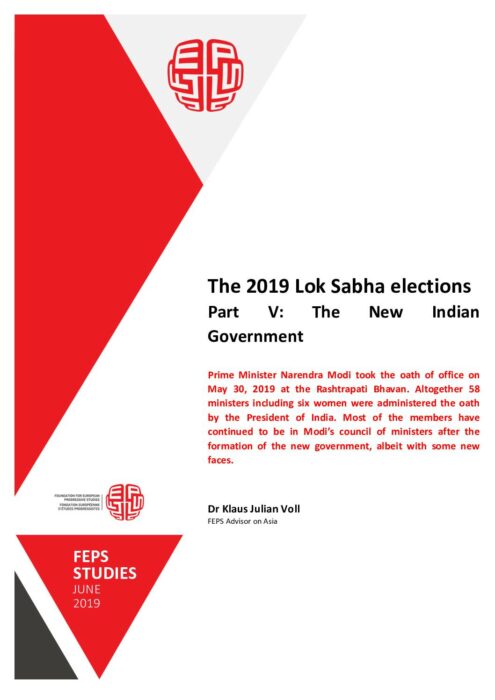
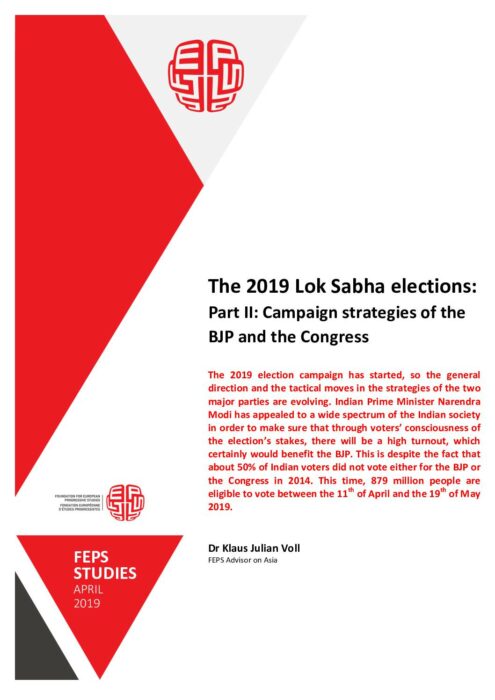
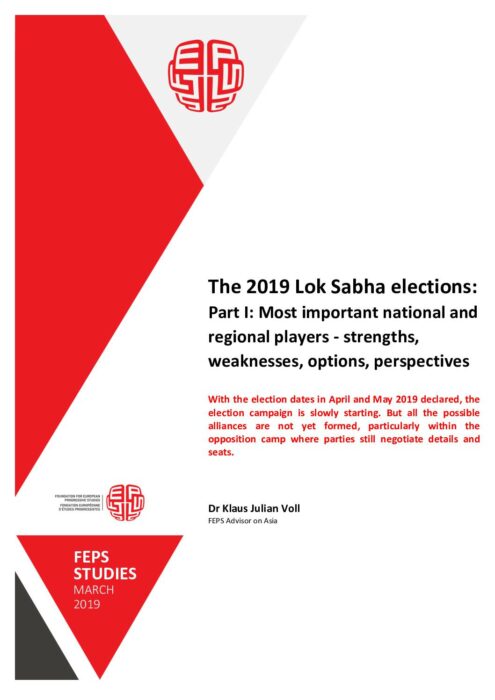
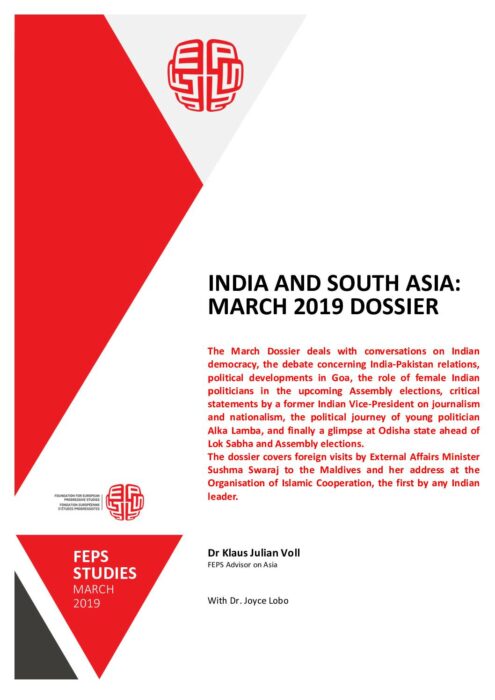
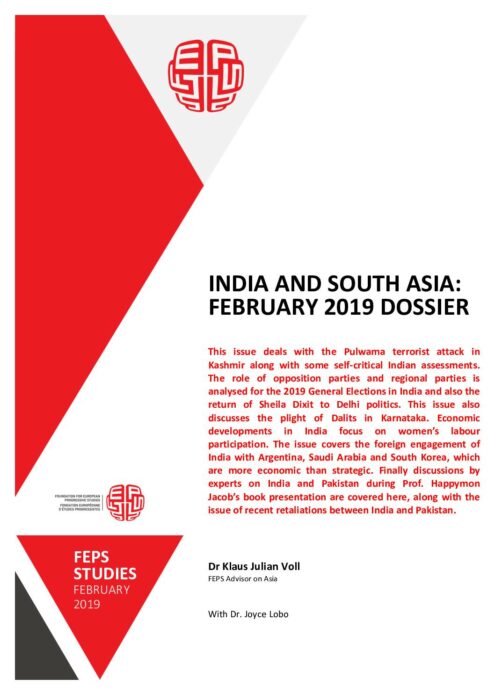
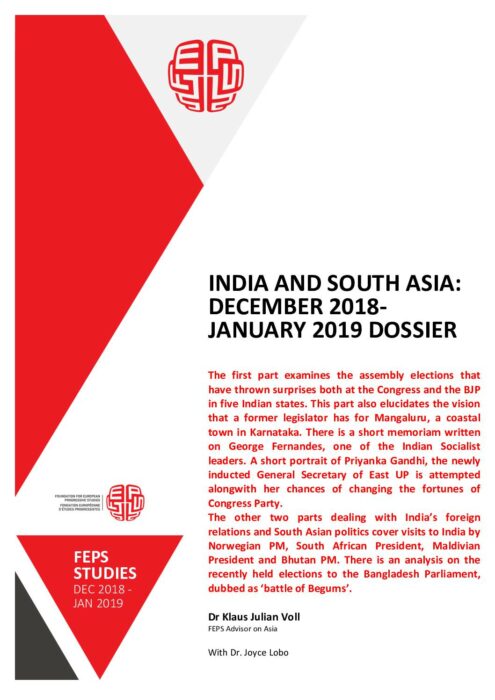
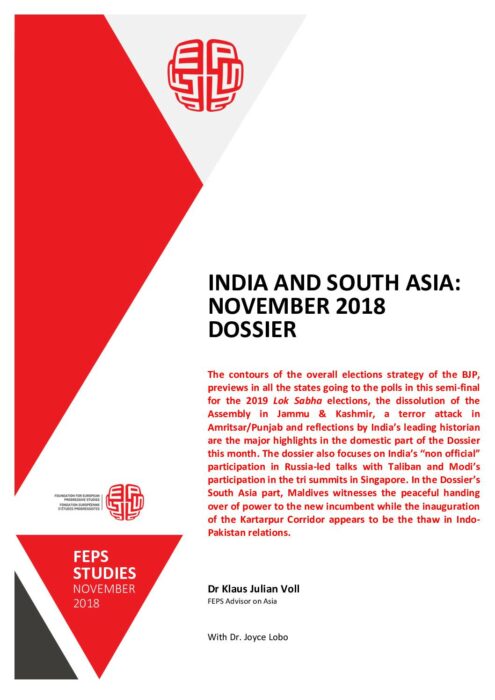
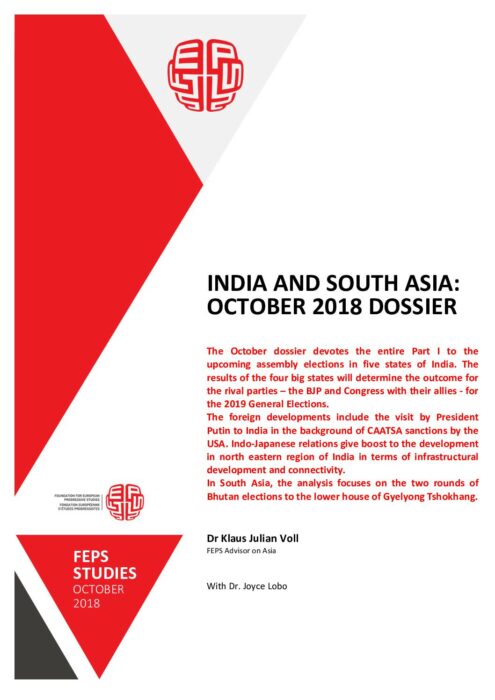
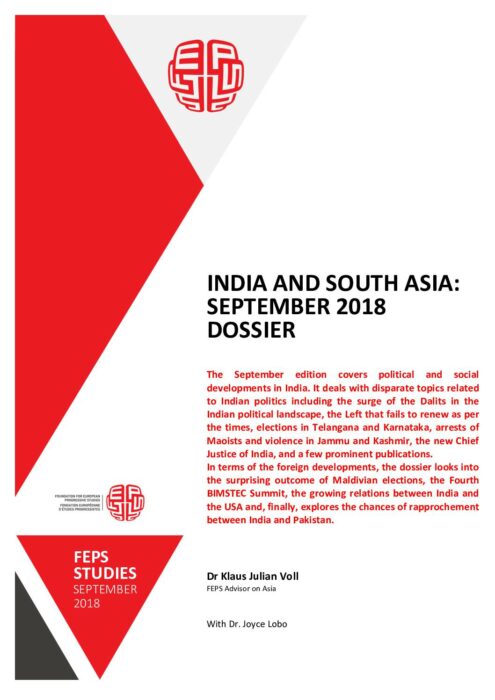
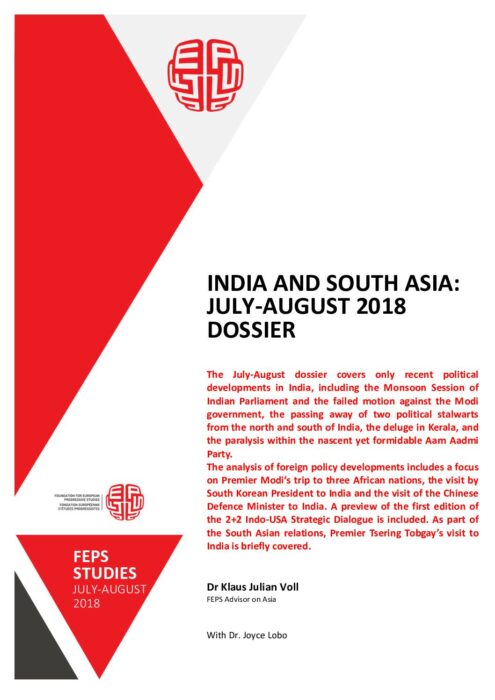
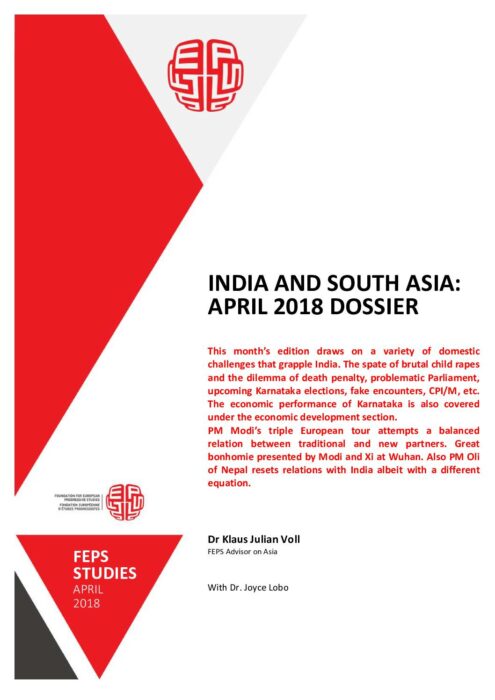

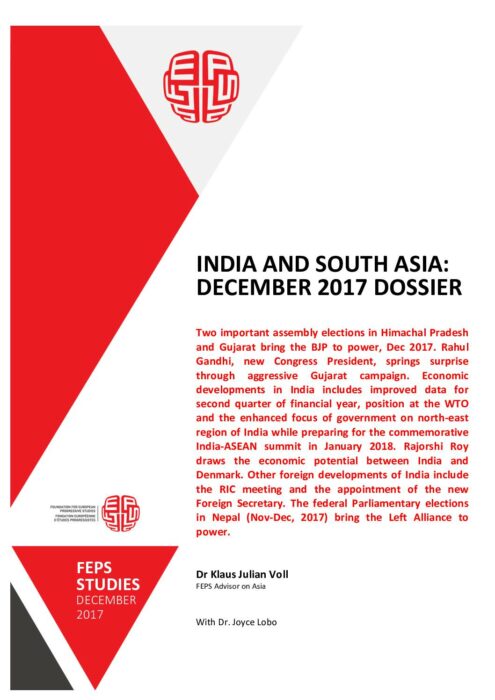
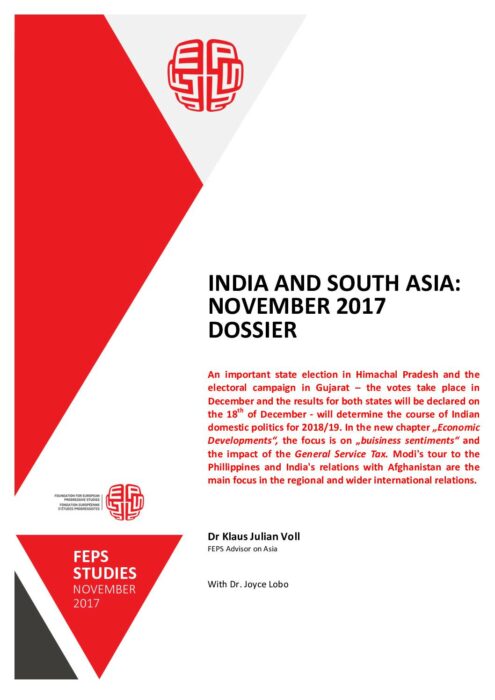
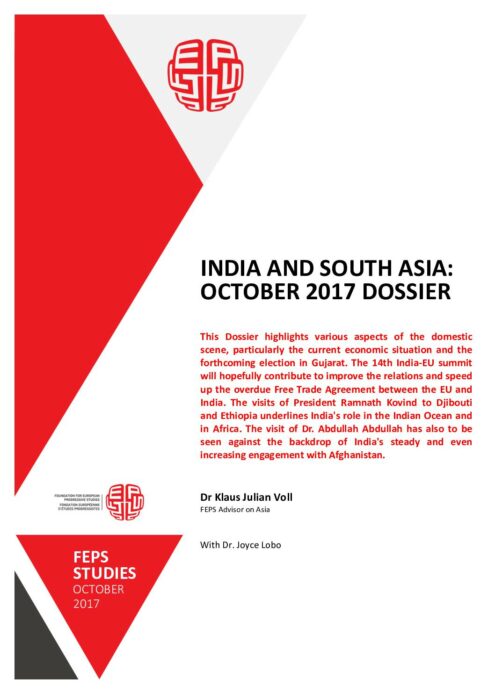
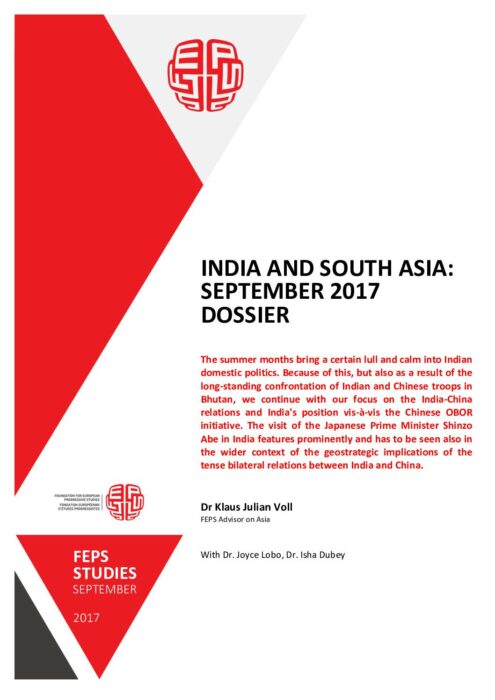

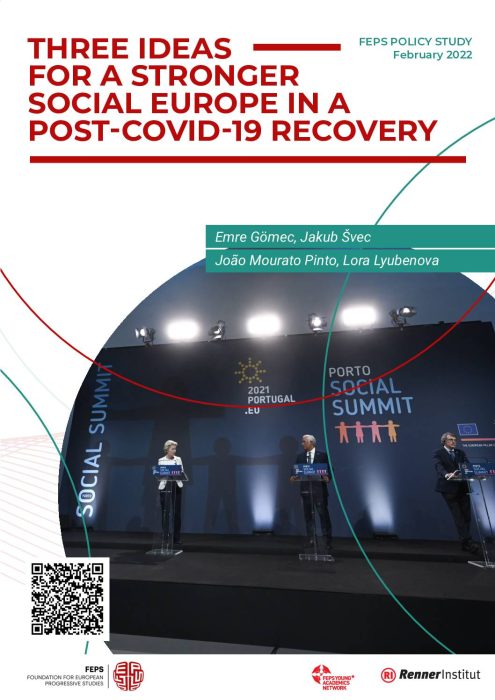
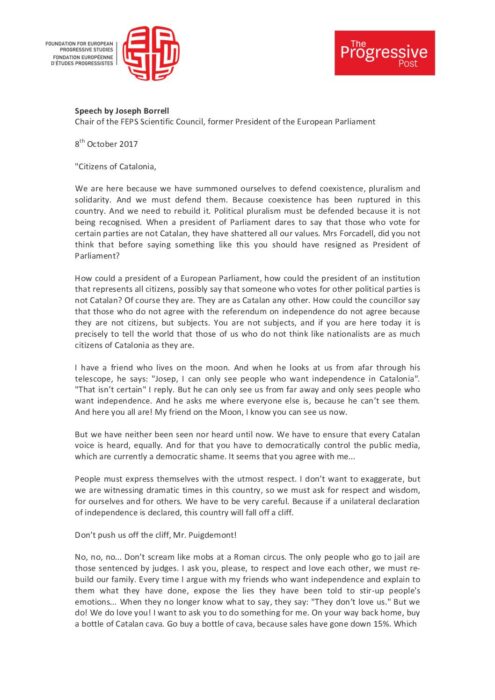
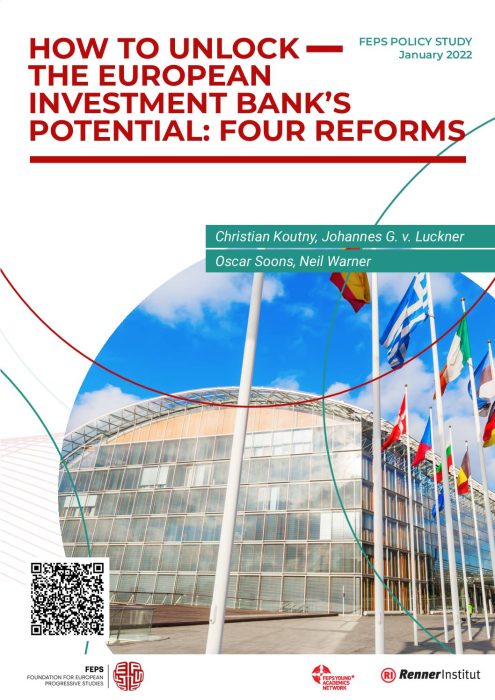
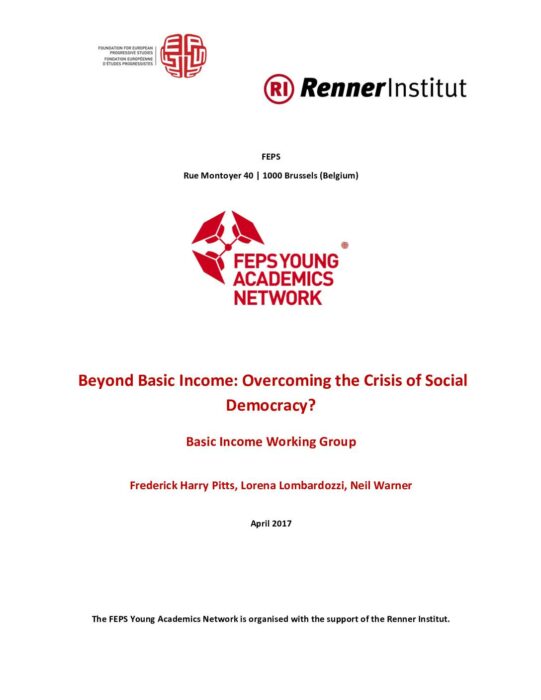
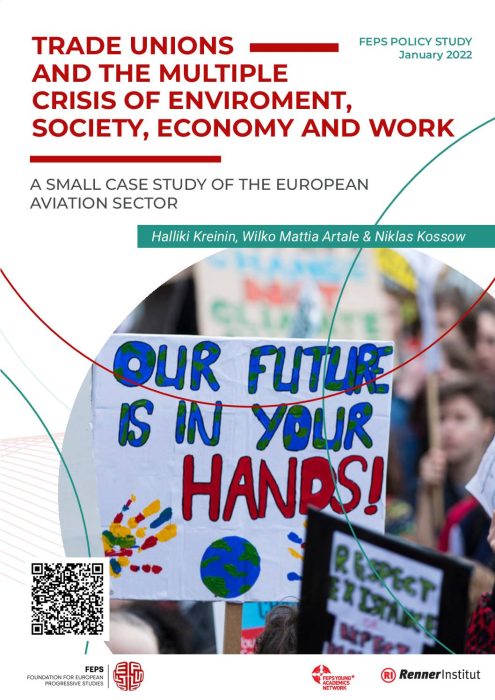
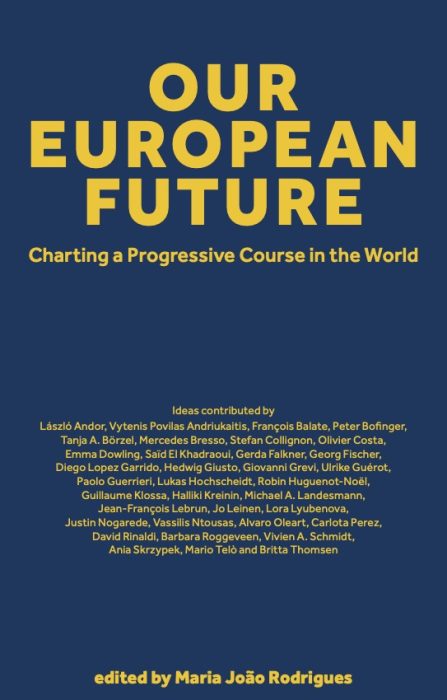
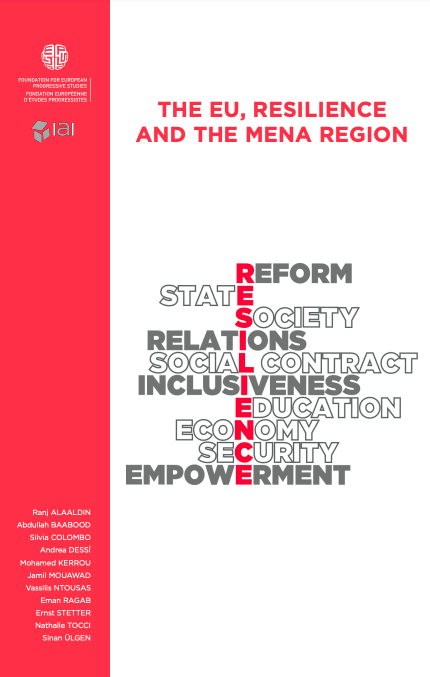
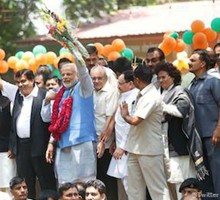
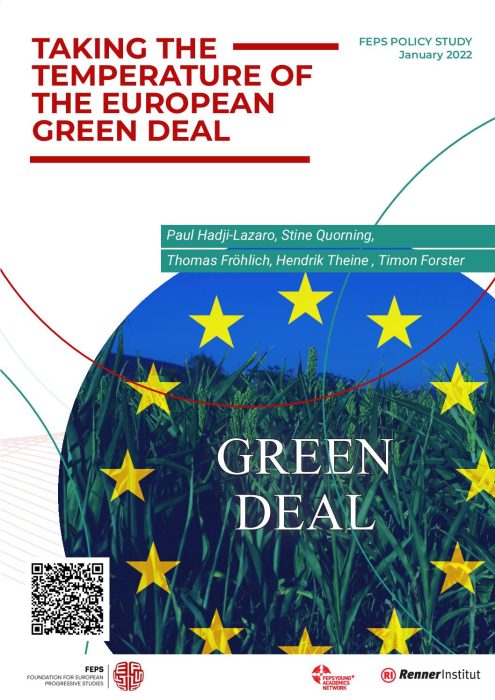
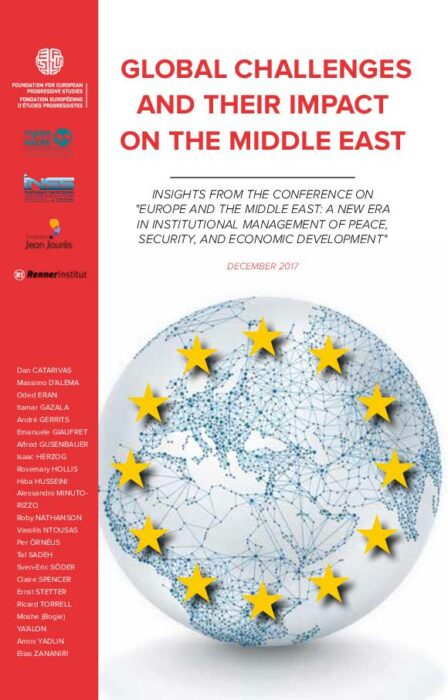
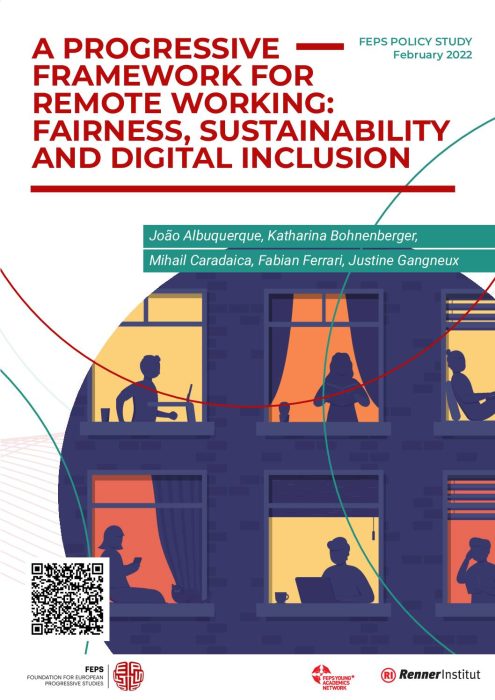
Through its eclectic 20 principles, the European Pillar of Social Rights is an opportunity to break silos and look at social development as the network of challenges that it truly is.
Departing from the rather long history of European social rights, the implementation of the EPSR must follow a holistic approach, identifying synergies with discussions it already hints at in its 20 principles.
In order to contribute to the identification of such synergies, this paper attempts to shed light on three transversal issues that national governments and the European Commission must bear in mind when implementing the EPSR: civil rights; labour relations; and gender equality. The analysis departs from the setting of the current model of welfare state in post-World War II Europe and it ends with the Porto Summit 2021, reflecting on the documents approved and what they can mean for a post-COVID-19 Social Europe.
Read the Paper:
Three ideas for a stronger Social Europe in a post- Covid 19 recovery
Political Mentor: YES Vice President and S&D MEP Alicia Homs
Academic Mentor: Matjaz Nahtigal, Associate professor at the Faculty of Social Sciences, University of Ljubljana